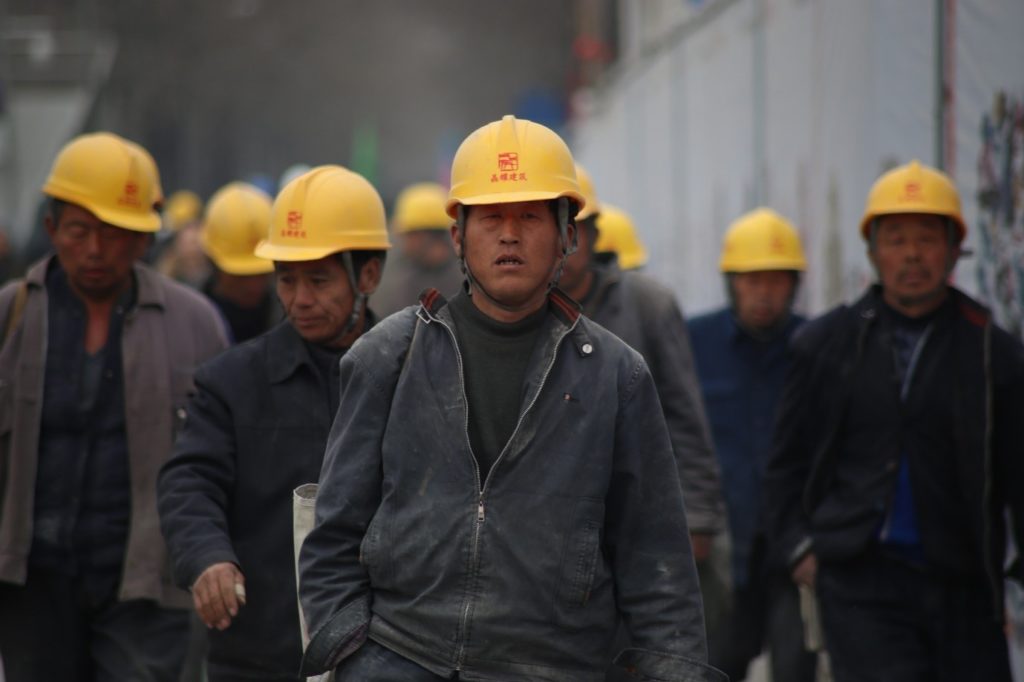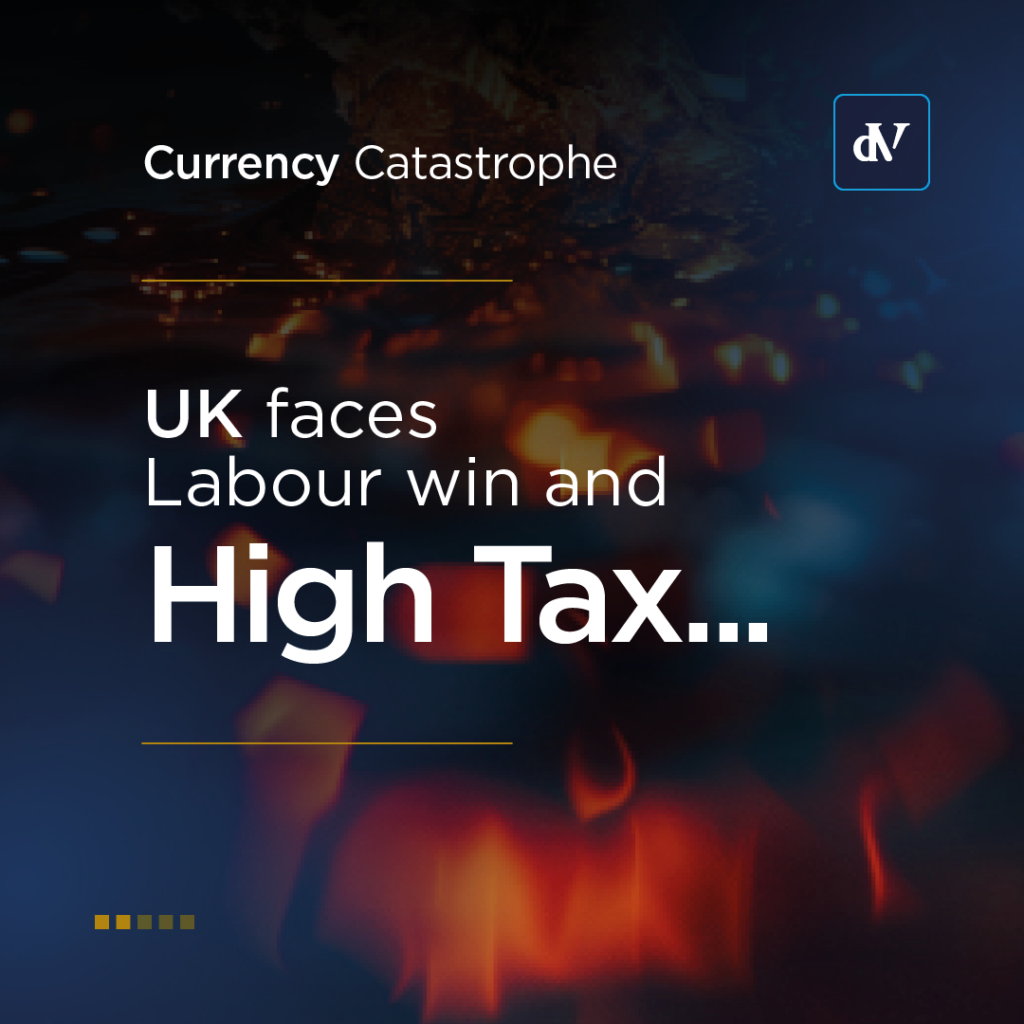|
Getting your Trinity Audio player ready...
|
This blog will discuss whether energy stocks are a buy in the current financial climate.
If 2020 reminded the world about the importance of health, then 2022 has reminded the world about the importance of oil. Russia’s invasion of Ukraine sent ripple effects worldwide as the certainty of supply of the world’s most important commodity was suddenly questioned. Western sanctions put significant restrictions on trade with Russia, the world’s third-largest energy producer, driving the price of oil and natural gas to its highest point in eight years.
Consumers have ultimately felt the impact. Indeed, the reduction in the supply of the world’s most important commodity has far-reaching and less obvious implications, including the price of food, transportation, electronics, toys and almost every other product.

Thankfully for the consumer, oil prices have fallen somewhat from their recent peaks in June, providing some respite to families struggling with surging inflation. However, it would be highly premature to claim the energy crisis is over and, in the same breath, unwise to declare the oil majors have reached the end of their respective rallies. Below we highlight a range of supply and demand factors contributing to a strong medium-term outlook for the energy majors.
Supply-side concerns set to linger
It’s important to start by analysing the issue that has sparked the current energy crisis; supply shortages. Oil prices are calculated globally by financial markets. Trade restrictions between major international players, including the EU and US drive prices higher for everyone, irrespective of domestic supply or existing trade agreements. The only way to remedy high prices in the oil market would be to dramatically increase supply, an option which only one organisation has the power to do; Opec+.
What is Opec+, and are they likely to increase supply?
Opec+ is arguably the most important organisation in the world; it is an intergovernmental organisation of 23 oil-exporting countries. Representatives from all Opec member countries meet monthly in Vienna, Austria, to decide how much crude oil to sell on the world market.
The organisation, also commonly referred to as a cartel, is mainly formed of Middle Eastern and African nations; it was set up in 1960 with the aim of stabilising worldwide oil prices and supply.
Opec+ can increase supply to soothe global shortages dramatically. In July and August, the organisation increased output by 600,000 barrels per day, which helped bring down prices. However, in September, Opec+ will only increase output by 100,000 barrels per day, a far lower amount than was hoped for by Western leaders. For context, Russia produces approximately 10.9 million barrels per day. By restricting supply, Opec+ nations benefit as prices will remain high. Opec+ capitalising on the curtailed supply is one key factor which is expected to prop up energy prices over the medium term.
The United States needs to replenish strategic reserves (SPR)
In an effort to minimise price spikes in the US, the Biden administration released 180 million barrels from the country’s strategic oil reserves. This is important because whenever the SPR is depleted, the United States government looks to replenish the reserves as quickly as possible to maintain national security. In a recent White House press release, it was confirmed that the government would take bids in autumn to buy back 60 million barrels of crude for the reserve, a first step in replenishing the stockpile. This process will push global demand higher.

The re-opening of China’s economy may create a surge in demand
China’s sleeping economy is one of the most important yet least spoken about factors impacting global oil prices. Xi Jinping’s government has continued to impose strict COVID-19 lockdowns, severely slowing the country’s economy. Global supply chains also continue to be significantly impacted as a result of China’s COVID-19 measures, with container ship traffic in and out of Chinese ports remaining disrupted.
It remains to be seen how long China will maintain its zero-COVID tolerance policy. However, as soon as China decides to re-open its economy, global energy demand for oil will be significantly higher. However, it is essential to note that should there be a deep global recession, demand for consumer goods will take a hit. China’s energy usage may not change significantly from its current position in a recessionary environment.

Russia
The reduction in supply from at least Western nations is likely to remain in place for a considerable period. Partly because the war in Ukraine is predicted to rumble on for the foreseeable, but also because even in a situation where the war ends, Western nations will be keen to punish Russia. Despite Europe’s best efforts to produce alternative energy sources, it will take a number of years for a sufficient amount of liquified natural gas terminals to be assembled. Without help from Opec+, Europe will remain in a vulnerable position.
Winter in the Northern Hemisphere
With winter fast approaching for the Northern Hemisphere, home to 90% of the world’s population, the oil majors are well positioned to benefit from solid demand between October-April. The increasing frequency of extreme weather could drive oil demand further; see below.

The rise of extreme weather
The last two winters in the Northern Hemisphere produced increased levels of extreme weather. In February of 2021, Texas, home to ExxonMobil, experienced snow in all counties for the first time in 126 years. This wasn’t an isolated incident.
A study produced by Atmospheric and Environmental Research (AER), the University of Massachusetts Lowell and the Hebrew University of Jerusalem presented findings attributing the frequency of extreme winter weather to polar vortex disruptions. The study claimed this is an increasing trend and warned readers of more extreme weather in the coming years. Ironically, the changing climate conditions (which science suggests is attributed significantly to rising Co2 emissions) stand to favour the oil supermajors, as colder winters will increase the demand for energy for heating and transport.
Moreover, the increasing prevalence of extreme hot weather will also push energy usage higher for things such as air conditioning & water usage.
Are energy stocks a buy now?
After such a strong bull run in any market, conventional wisdom generally warns investors away from assets which have climbed to recent peaks. Those on the bearish side of the fence are certainly able to make a strong case for why there is better value elsewhere on the market. The bear’s strongest argument appears to be the high likelihood of a global recession which could put the brakes on demand. However, the bulls seem to have a greater number of factors on their side, as discussed in this article.
For investors, buying or maintaining positions in oil stocks at this market stage appears to be more of a dividend than a growth play. Oil companies are currently flush with cash, and investors are well positioned to pick up quarterly dividends in the region of 1-1.2%.
5 Reasons Energy Stock Look Like A Buy – Nigel Green, deVere CEO
deVere Group is currently offering an oil-based structured product available until September 30th. The product tracks three of the world’s energy supermajors; Shell PLC, BP PLC and Exxon Mobil. The fixed income option offers clients the ability to earn up to 18.4% per annum in USD or 16.4% per annum in GBP.
If you would like to learn more about structured product investing, click here.



